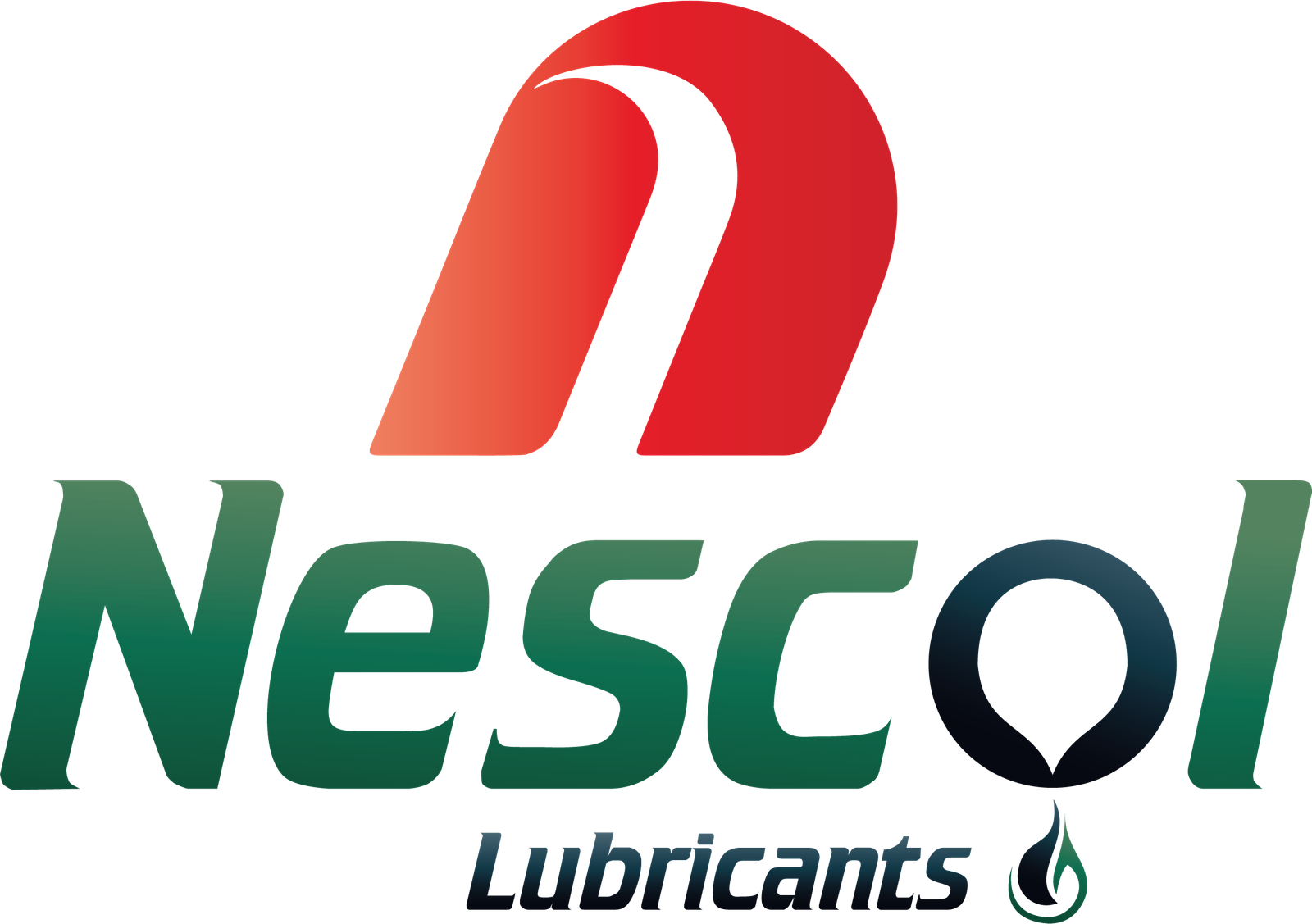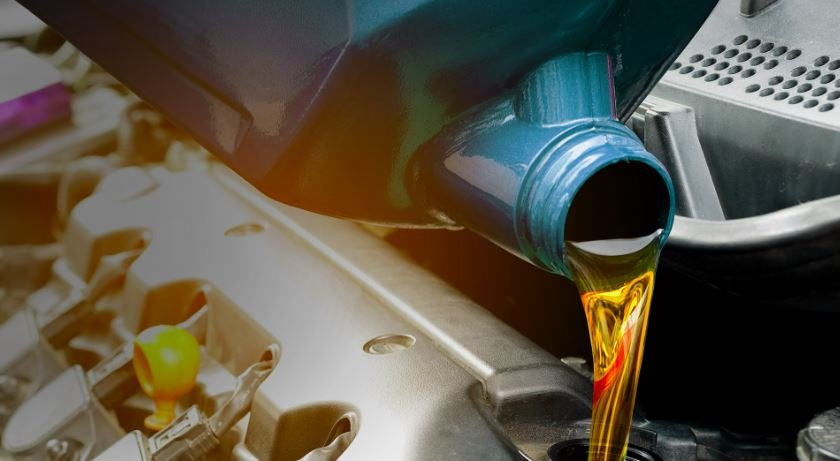Automotive Oil Treatment: Enhance Your Vehicle’s Performance
Oil treatment is an essential aspect of automotive maintenance that can significantly enhance the performance and longevity of your vehicle. Whether you’re a car enthusiast or a regular driver, understanding the benefits of oil treatment can help you make informed decisions to keep your engine running smoothly. This comprehensive guide will explore everything you need to know about automotive oil treatment, including the benefits, types, and how to choose the right product for your vehicle.
What is Oil Treatment?
Oil treatment refers to additives that are mixed with motor oil to improve its performance and provide additional protection to the engine. These treatments can help reduce friction, prevent wear, and protect against sludge and corrosion, ensuring your engine operates at its best.
Importance of Oil Treatment
Oil treatment is crucial for maintaining engine health. It enhances the oil’s ability to lubricate, clean, and protect the engine components, leading to better fuel efficiency, reduced emissions, and a longer lifespan for your vehicle.
Benefits of Automotive Oil Treatment
Improved Engine Performance
One of the primary benefits of oil treatment is improved engine performance. By reducing friction and wear, oil treatments help the engine run more smoothly and efficiently, resulting in better acceleration and power output.
Enhanced Lubrication
Oil treatments enhance the lubrication properties of motor oil, ensuring that all engine components are adequately coated and protected. This reduces the risk of metal-on-metal contact, which can cause significant damage over time.
Reduced Engine Wear and Tear
By minimizing friction and providing a protective layer, oil treatments help reduce engine wear and tear. This is particularly important for older engines or vehicles that are driven in harsh conditions.
Protection Against Sludge and Deposits
Over time, engines can accumulate sludge and deposits, which can hinder performance and cause damage. Oil treatments contain detergents and dispersants that help prevent the formation of sludge and keep the engine clean.
Improved Fuel Efficiency
A well-lubricated engine operates more efficiently, leading to improved fuel economy. Oil treatments can help reduce internal friction, allowing the engine to run more smoothly and consume less fuel.
Extended Engine Life
By providing additional protection and reducing wear, oil treatments can extend the life of your engine. This means fewer repairs and a longer lifespan for your vehicle.
Types of Oil Treatments

Friction Modifiers
Friction modifiers are additives that reduce the friction between moving parts within the engine. They help improve fuel efficiency and reduce wear, ensuring smoother operation and better performance.
Detergents and Dispersants
Detergents and dispersants are used to keep the engine clean by preventing the formation of sludge and deposits. They help maintain engine cleanliness and improve overall performance.
Viscosity Improvers
Viscosity improvers are additives that enhance the viscosity of the motor oil, ensuring it flows smoothly at various temperatures. This is crucial for maintaining proper lubrication and protecting the engine in different operating conditions.
Anti-Wear Agents
Anti-wear agents form a protective layer on engine components, reducing wear and extending the life of the engine. They are particularly beneficial for older engines or vehicles that are subjected to heavy use.
Corrosion Inhibitors
Corrosion inhibitors protect the engine from rust and corrosion, which can cause significant damage over time. These additives help ensure the longevity and reliability of your engine.
How to Choose the Right Oil Treatment for Your Vehicle
Consider Your Vehicle’s Age and Condition
The age and condition of your vehicle are essential factors to consider when choosing an oil treatment. Older engines may benefit from anti-wear agents and friction modifiers, while newer engines may require detergents and dispersants to keep them clean.
Evaluate Driving Conditions
Your driving conditions also play a crucial role in selecting the right oil treatment. If you drive in extreme temperatures or harsh environments, viscosity improvers and corrosion inhibitors may be necessary to protect your engine.
Check Compatibility with Motor Oil
It’s essential to ensure that the oil treatment you choose is compatible with your motor oil. Most treatments are designed to work with both synthetic and conventional oils, but it’s always best to check the product label or consult with a professional.
Read Product Reviews and Recommendations
Reading product reviews and recommendations can provide valuable insights into the effectiveness of different oil treatments. Look for products that have positive reviews and are recommended by experts in the automotive industry.
Consult with a Professional Mechanic
If you’re unsure which oil treatment is best for your vehicle, consult with a professional mechanic. They can provide personalized recommendations based on your vehicle’s specific needs and your driving habits.
How to Apply Oil Treatment
Preparation
Before applying oil treatment, it’s essential to prepare your vehicle. Start by checking the oil level and ensuring it’s within the recommended range. If necessary, change the oil and filter to provide a clean base for the treatment.
Adding the Oil Treatment
Most oil treatments are added directly to the engine oil. Follow the instructions on the product label for the correct dosage and application method. Typically, you’ll need to pour the treatment into the oil filler cap and allow it to mix with the motor oil.
Running the Engine
After adding the oil treatment, start the engine and let it run for a few minutes. This allows the treatment to circulate throughout the engine and provide maximum protection.
Regular Maintenance
To maintain the benefits of oil treatment, it’s essential to follow a regular maintenance schedule. This includes checking the oil level, changing the oil and filter as recommended, and reapplying the oil treatment as needed.
The Future of Oil Treatment
Advancements in Additive Technology
The field of oil treatment is continuously evolving, with new advancements in additive technology promising even greater benefits. Researchers are developing innovative additives that offer superior protection, improved fuel efficiency, and enhanced performance.
Synthetic Oil Treatments
Synthetic oil treatments are becoming increasingly popular due to their superior performance characteristics. These treatments offer better protection against extreme temperatures, oxidation, and wear compared to traditional oil treatments.
Nanotechnology
Nanotechnology is making its way into oil treatments, offering the potential for even more efficient lubrication and protection. Nano-additives can reduce friction at a microscopic level, leading to significant improvements in engine performance and longevity.
Eco-Friendly Formulations
With growing environmental concerns, the demand for eco-friendly oil treatments is on the rise. Manufacturers are developing biodegradable and less toxic additives to minimize the environmental impact of automotive maintenance.
Final Thoughts
Oil treatment is a vital aspect of automotive maintenance that can significantly enhance the performance and longevity of your vehicle. By understanding the benefits, types, and application methods of oil treatment, you can make informed decisions to keep your engine running smoothly. Whether you’re looking to improve fuel efficiency, reduce engine wear, or protect against sludge and deposits, the right oil treatment can make a substantial difference. Remember to consider your vehicle’s age, driving conditions, and consult with a professional mechanic to choose the best product for your needs. Regular maintenance and proper oil treatment application can ensure your engine remains in top condition, providing you with a reliable and efficient driving experience.

